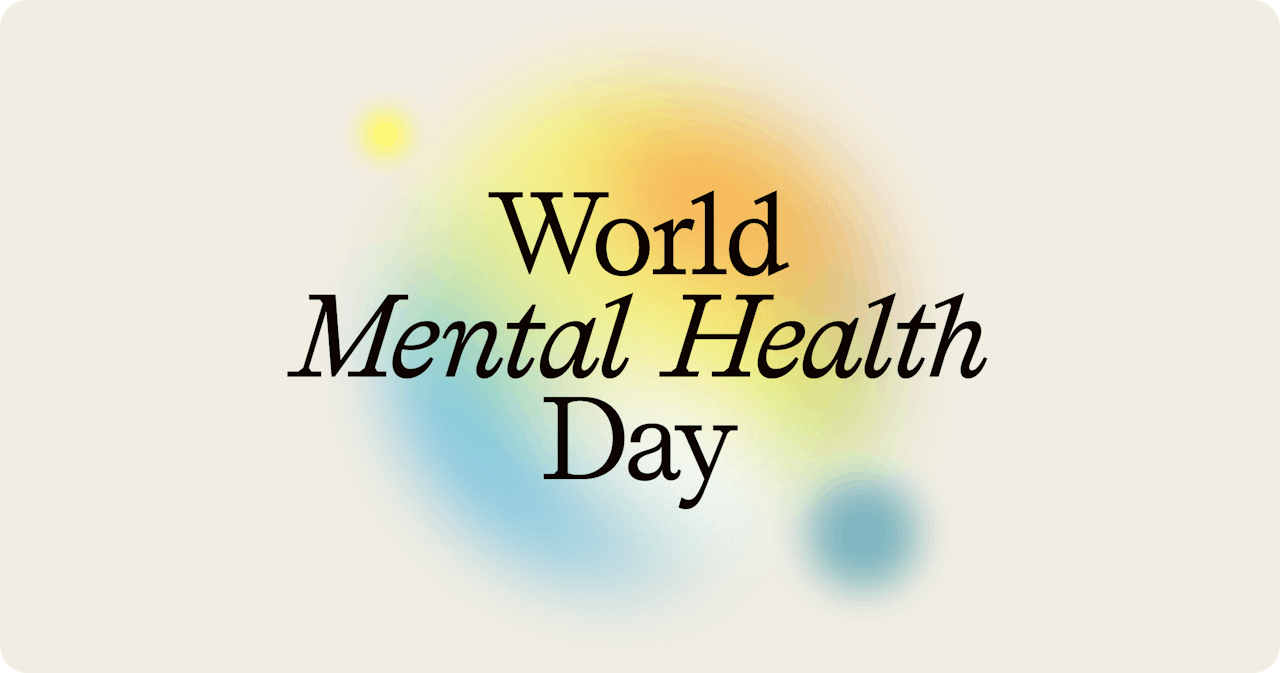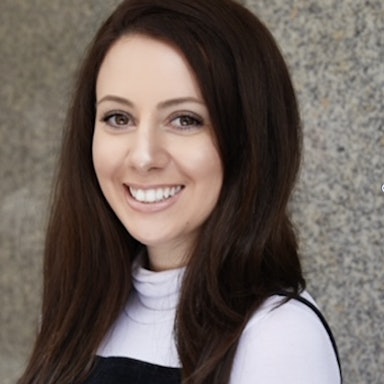Beyond Crisis: A Conversation That Could Change How We Think About Mental Health

Raya Moshiri
15 October 2025

Content
- Crisis isn’t always visible
- Prevention starts long before crisis
- The human side of leadership
- Vulnerability is strength
- Culture is more than words
- Small steps, lasting change
- Don’t wait for crisis
Kate Marples started by summoning the words of Jen Fisher, ex-Deloitte Chief Wellbeing Officer: “You can’t meditation-app your way out of a bad boss. You can’t yoga-class your way past impossible deadlines.”
The words set the tone for everything that followed: mental health isn’t solved by quick fixes. It’s shaped by the culture we build every day.
On World Mental Health Day, four Unminders – Steve Peralta, Kate Marples, Michelle Paschali, and Izzy Daffern, gathered not just to talk about mental health, but to reframe how we think about it entirely.
Crisis isn’t always visible
When we hear the word crisis, most of us picture dramatic headlines: natural disasters, conflict zones, global emergencies. But as Steve, Unmind’s Co-Founder and Chief Wellbeing Officer, reminded us, “Crises don’t just happen on the world stage, they happen in our homes, our teams, and inside ourselves.”
Some are loud and obvious. Others are quiet – private battles with stress, isolation, or burnout that no one else can see. And while emergency support is essential, the real question is this: Are we building the foundations before the storm hits?
Prevention starts long before crisis
“We all have mental health,” Kate said, “and we have it every single day. Yet only 1% of people need crisis-level care at any one time. If we focus solely on that, we’re missing the other 99%.”
That 99% is where prevention lives, in the daily habits, practices, and environments that stop people from reaching breaking point in the first place.
“The world can feel heavy right now. But if we prioritise mental health every day, we build resilience before we need it. And that changes everything.”

The human side of leadership
Managers are often described as the bridge between an organisation and its people. But as Steve pointed out, their influence runs even deeper:
“For 70% of people, managers have more of an impact on their mental health than a therapist.”

That statistic changes the stakes. It means that when managers lead with empathy and vulnerability, the ripple effects can transform an entire workplace. Michelle shared how she models this with her own team: “Some weeks, I’m exhausted. My two-year-old doesn’t sleep. And I tell my team that. Because when leaders are honest, it gives everyone permission to be human too.”
Vulnerability is strength
For Izzy, Unmind’s Head of Growth Marketing, the conversation was deeply personal. “Three years ago, I was diagnosed with endometriosis,” she shared. “I couldn’t get out of bed, and I was terrified that telling my manager would make me look weak. But being open didn’t make me less capable – it helped me heal.”
It also created space for connection. “That conversation did more for my mental health than pretending everything was fine,” she added. “It reminded me that openness builds trust, and trust builds resilience.”
Culture is more than words
Culture, the panel agreed, isn’t slogans on the wall. It’s how people treat each other day-to-day and it starts at the top.
Kate introduced the concept of “psychosocial safety climate,” the degree to which people believe their leaders truly care about them. When that climate is strong, even high-pressure environments become more manageable. “It’s the cause of causes,” Steve added. “It shapes engagement, performance, and wellbeing because people know they’re supported.”
And as Izzy reminded us, culture doesn’t mean calling colleagues “family.” “My family has to love me unconditionally,” she said. “But what we can expect from each other is respect, kindness, honesty, and care. That’s what a healthy workplace is built on.”
Small steps, lasting change
The panel closed with simple actions that anyone – leaders, managers, individuals, can take tomorrow:
- Create moments of connection. Ask open questions and really listen.
- Set boundaries. Protect your time and energy.
- Get outside. “No problem is made worse by a walk in the fresh air,” Steve reminded us.
- Lead with vulnerability. Openness invites openness.
Because prevention isn’t a luxury. It’s the foundation that allows people and organisations – to thrive, even when things get tough.
Don’t wait for crisis
Mental health isn’t something separate from work. It’s woven into how we lead, how we support, and how we show up for one another. And if there’s one lesson from this conversation, it’s this: we can build stronger people, stronger teams, and stronger organisations before the crisis hits.
It’s not too late to be part of that conversation.
About the Author

Raya Moshiri, Marketing Associate
I’m Raya Moshiri, and I help organizations bring proactive mental health support to life by coordinating programs, resources, and experiences that drive engagement and real-world impact. Based in New York, I’m dedicated to making workplace wellbeing both attainable and actionable.
About the Author

Raya Moshiri, Marketing Associate
I’m Raya Moshiri, and I help organizations bring proactive mental health support to life by coordinating programs, resources, and experiences that drive engagement and real-world impact. Based in New York, I’m dedicated to making workplace wellbeing both attainable and actionable.